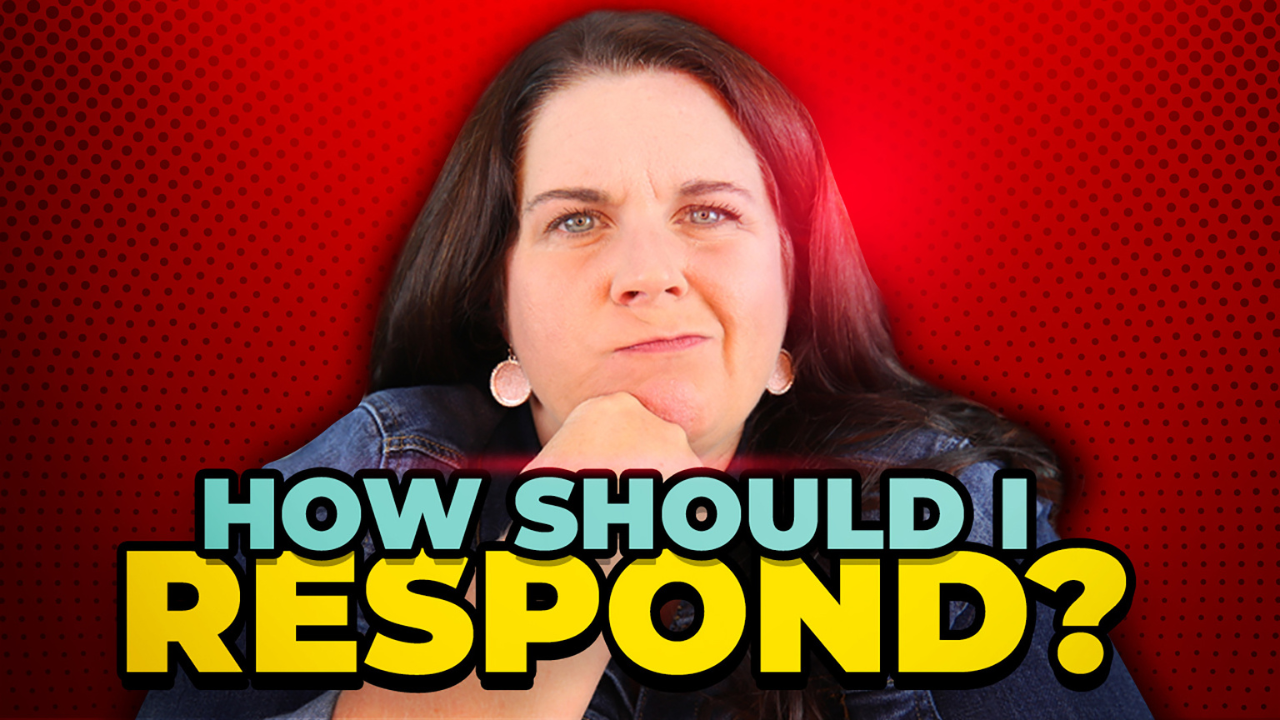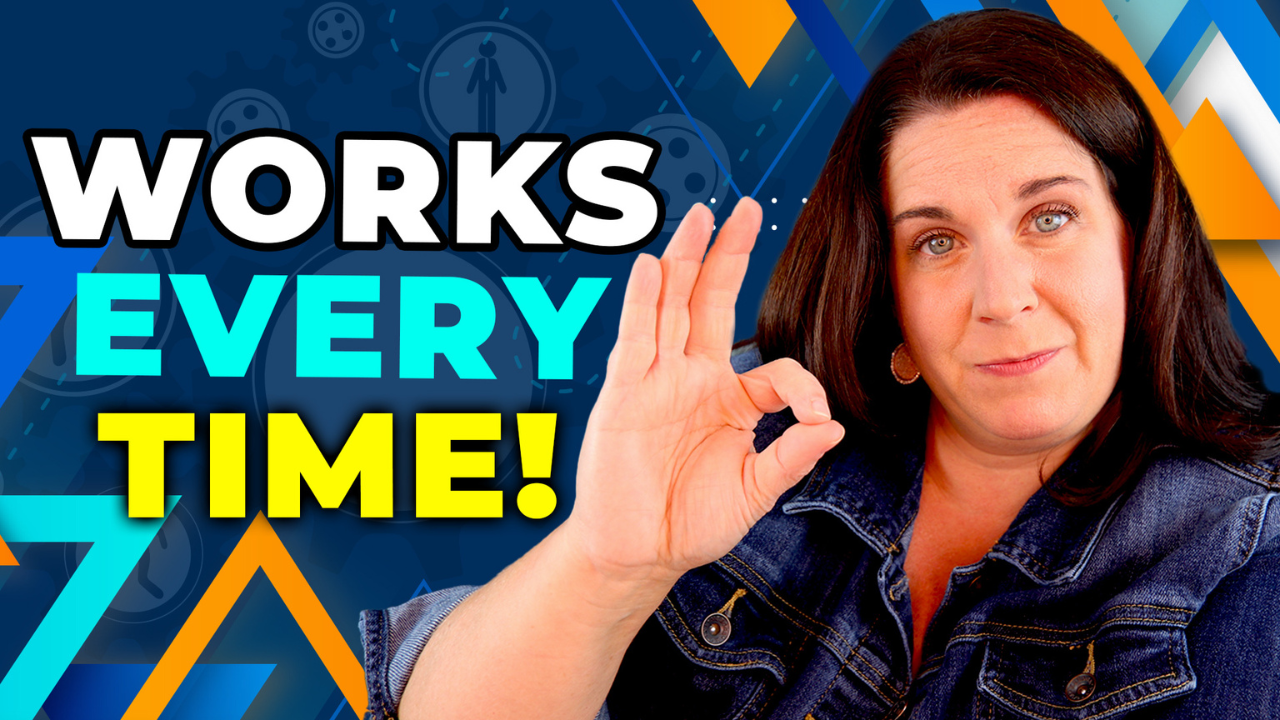Does your addicted loved one ever tell you... "You just don't understand"?
When you're an addiction counselor, one of the first questions you face is, "Are you in recovery?"
People want to know if they can trust you and if you're going to understand them, and to be honest, early in my career, I used to be nervous about this question. I was pretty insecure about the situation and tried my best to avoid it. Not only am I not in recovery, but when you go to counseling school, they teach you practically nothing about addiction.
Right out of grad school, one of my first assignments was to build and implement an intensive outpatient program for adolescence on my own. Essentially that's dealing with teenagers who have drug problems. Not only am I not in recovery, and I didn't have much education about addiction, but here's a little secret.
I've never even been cool. I've been around a lot of drugs and went to a lot of parties, but I've never been that girl. So I was a little insecure about it. I can remember thinking to myself, How am I going to deal with and relate to these teenagers?
What I decided to do was try to build a relationship with them. That was it. I developed a secret plan when the kids asked, "Are you in recovery?" I would say, "You know what, I'll tell you my whole story when you graduate from this program."
Although I've never been in recovery, I've been around my fair share of addiction in my family life. People in recovery usually don't care or relate to that. If someone asks you if you're in your recovery, you say, "No, but some people in my family have had drug problems." It might even make it worse. They're going to be thinking, "Oh, now you're going to judge me because your mom, dad, or grandma had an addiction."
I was great at skirting this question and had other skills to win people over.
Eventually, I went out on my own and started a private practice. That's the one I still run now, where we treat whole family systems. I'm not insecure about the question at all now because I've come to understand something crucial.
When someone asks you if you're in recovery, they want to know two things:
1. If you are going to judge them.
2. If you can understand them.
I've come to feel that not being in recovery is my superpower. Now let me explain because I know that's quite a shift. I think not being in recovery helps me a lot.
- I didn't feel like I knew everything. So I studied and read every book on addiction, and I know the science of addiction way more than most people because I felt like I had to do something to compensate.
- I think not being in recovery helps me because I have to listen to what my clients tell me.
I have to figure out who they are and what they're struggling with, and I don't have my personal experience confusing their experience with mine.
*Let me tell you a little secret-- I find that some people in recovery who are addiction counselors have difficulty separating their story from their clients because they project everything they went through onto the client.*
Now, I'm not saying people in recovery are terrible addiction counselors. Some of the best addiction counselors I know are in recovery. I'm saying that this is a pitfall if they're not careful of they can fall into it. I've seen it happen a million times. When you're in recovery, you come into the situation thinking you know everything because you've been there. You think you know what they're thinking before they say it, causing you to not listen to the client.
When I get a new client, my entire mission is to understand them. I'm attempting to understand who they are as a person, not the addiction... because honestly, they won't tell me that much about that anyway. I get that from my family counselor, Campbell or Kim, who has been talking to their parents or spouse and told me everything.
When I'm with a client, I want to know who they are, what they care about, what they value, what they see as their roadblocks, and where their struggles are. I am intensely focused on understanding each person as an individual, not just as an addict or an alcoholic, because it's those individual characteristics that I build on to pull someone out of addiction.
You know what? No one ever even asks me if I'm in recovery anymore. I think it might be because once they meet me, they feel like I'm trying to understand them, and I get them and that I'm not judging them, so they don't need to ask.
If you're struggling with an addiction, you feel terrible and shameful, and you're worried that someone that has not had that struggle might judge you or expect something out of you that you can't give.
If you address that fear right out of the gate, it becomes a non-issue. It's interesting because the clients I see, and our lives are so different from each other. I see mostly men and young guys. I don't play sports. I never was cool. I'm not in recovery, but I have no problem connecting to them. I am 100% just trying to understand them as an individual and I think that comes across as pretty strong.
If you have an addicted loved one, they tend to tell you, "you just don't understand." This response might mean they want you to understand them more as a person.
The next time someone tells you that, say, "You know what? You're right. I don't, but I want to." Ask questions, be curious and try to see them for more than just an addict or an alcoholic. Maybe you haven't had an addiction, but you've probably been through some hard stuff, and you can use your experience going through those things to connect to them. Find something from your life to help you connect to the difficulty of overcoming these patterns.
Amber Hollingsworth
Once you've built a connection with someone and there's a level of trust there, then you can kind of move on to the work of helping them to overcome that addiction.
To do that, you will need to know how to motivate them, so I want you to watch these videos next.
Learn more about Advanced Recovery Skills Training for Anyone Effected By Addiction!


